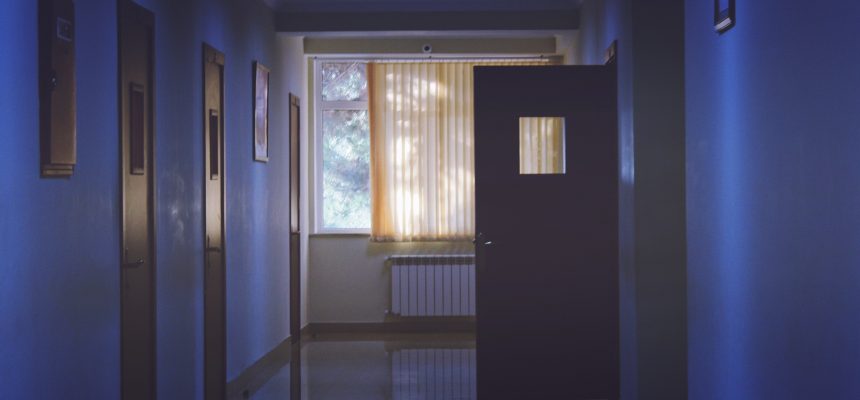Hospitals’ Upcoding of Services Results in Billions of Extra Dollars in Profit
By Consumers for Quality Care, on December 17, 2024

Hospitals are raking in billions of extra dollars from insurers and government programs by cataloguing services and procedures as more serious than they actually are, a practice known as “upcoding,” according to a study conducted by RAND and reported by Axios.
Over a nine-year period, the study found that hospitals routinely documented patient cases at a higher level of complexity, allowing them to demand higher payments. The study found that during this time, the number of patients requiring the highest-intensity care increased by 41 percent, much higher than the 13 percent of cases that researchers believe actually needed this level of care. This increase in upcoding led to an additional $14.6 billion in hospital payments in 2019 alone, compared to 2011 levels.
The findings suggest that this payment system, which is based on patient diagnoses, creates incentives for hospitals to document higher levels of care to secure larger reimbursements.
According to Daniel Crespin, lead author of the study, upcoding contributes to the rising cost of health care overall, which can lead to higher premiums for consumers with private health insurance plans and a greater burden on taxpayers who fund government health programs like Medicare.
The study’s findings demonstrate the need for a reevaluation of hospital billing practices, as the current approach is inflating health care costs. Policymakers and regulators must hold hospitals accountable who routinely upcode medical procedures, for no other reason than to increase profits at the consumer’s expense.




